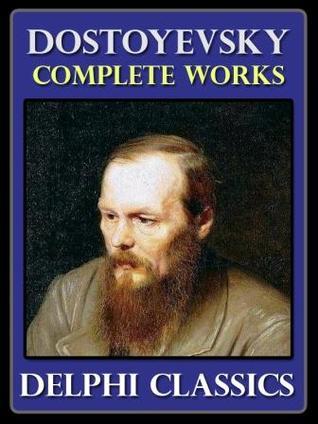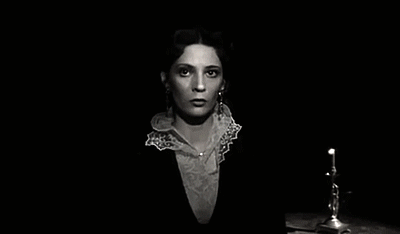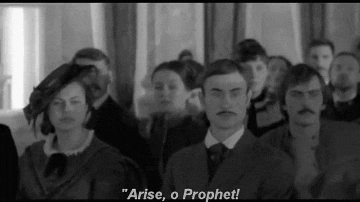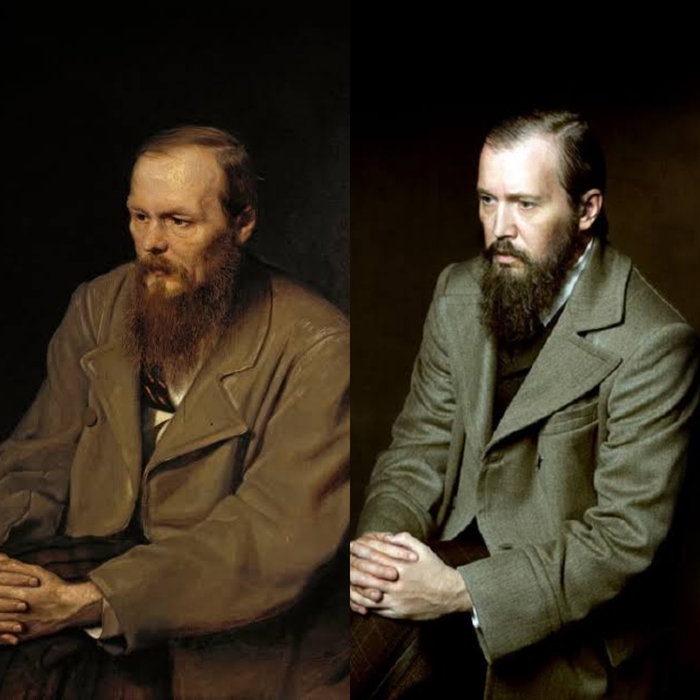What do you think?
Rate this book


First published January 1, 1954

"Into themselves eternity at last changes them"---Mallarmé via Auerbach







"Arise, O Prophet! Thou has heard, charged with My will, go forth and span the land, and let the righteous Word consume with fire the hearts of men."---Alexander Pushkin
